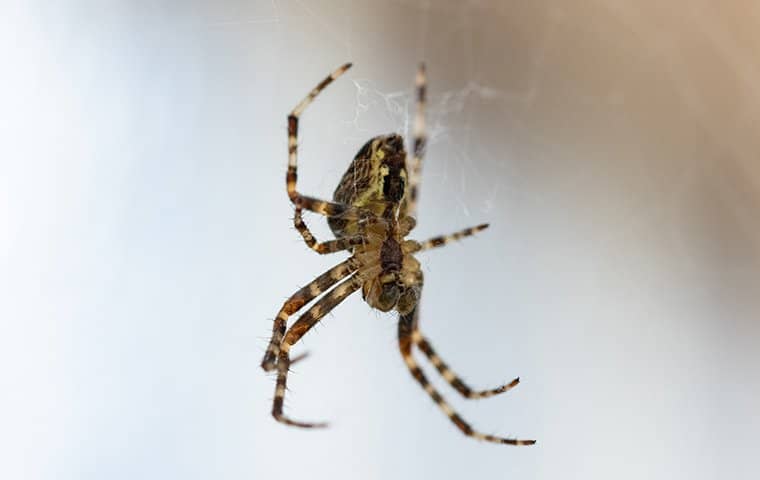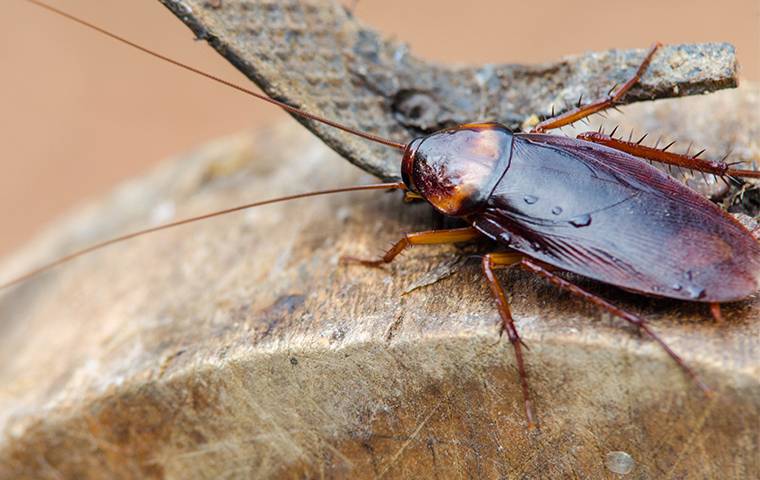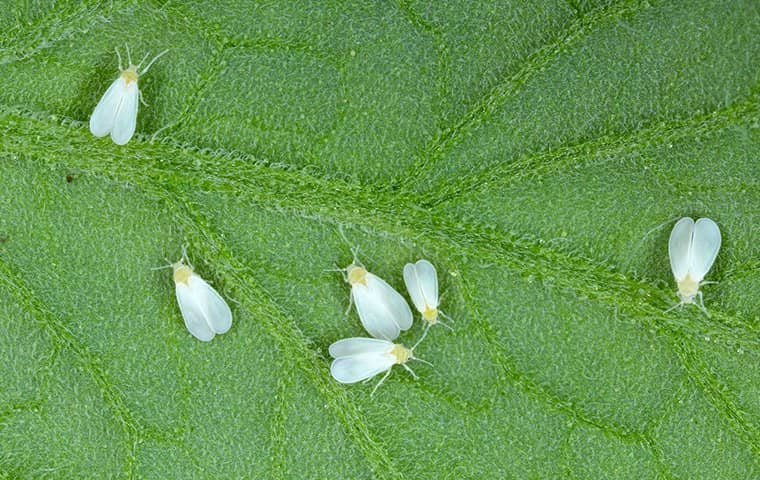
West Palm Beach's Ultimate Guide To Spider Control
March 31, 2024
Concerned about spiders in West Palm Beach? Discover how Empire Pest Defense can make your home spider-free!... Read More
Request Your Inspection Today! (561) 798-7216
Get StartedFlorida wood cockroaches are a species that live successfully throughout the southeastern portion of the United States. These roaches enjoy living outside in a humid, warm climate, making Florida the perfect place for these pests to flourish.
Their glossy reddish-brown or black color identifies these cockroaches. Their body is wide, and they have short, underdeveloped wings beneath their head. These cockroaches cannot fly. At the backend of their body, they have two cerci protruding from either side. Most cockroaches can run and move quickly from place to place, but we would describe these cockroaches as slow or sluggish.

Like other cockroaches, Florida wood cockroaches are scavengers, feeding primarily on decaying plant matter. Their presence helps to get rid of decaying matter, providing space for new plant growth.
Florida wood cockroaches don’t pose any danger to people like other cockroach species. First, they prefer to live outdoors and you'll rarely find inside your home. Second, they don’t feed on decaying animal matter, trash, or excrement, meaning they don’t come into contact with as many dangerous pathogens as other cockroaches.
Some problems that are associated with these pests is that if they do end up in your home, they will spread bacteria to surfaces. They also emit a foul-smelling pheromone. If you come into direct contact with one of these roaches, the fluid could irritate your skin or eyes.
Having things in your yard like loose leaf litter, mulch, and woodpiles will attract Florida wood cockroaches to your property. Also, living near a wooded area or having many trees in your yard can make your property more susceptible to problems with these pests.
Florida wood cockroaches don’t make a habit of moving into our homes to live. Yet, they can wind up inside accidentally after finding their way in through spaces they come across around windows or doors. However, the most likely reason they are in your home is that you accidentally brought them in on a piece of wood or a plant you brought indoors.
As their name suggests, Florida wood cockroaches are most likely to be found outside in wooded areas living on trees behind its bark. They are also called palmetto bugs because they regularly live under the leaves of palmetto trees. In addition to our homes, these pests may occasionally find their way into greenhouses, sheds, or other storage areas.
If you are finding Florida wood cockroaches in your yard, reach out to the experts at Empire Pest Defense. We will provide you with detailed inspections, effective interior, and exterior treatments, and ongoing services to eliminate these and other unwanted pests from your property.
Empire Pest Defense is a local company with a deep commitment to our community and providing effective pest control solutions. Our professionals work diligently to meet the unique pest control needs of our West Palm Beach home and business owners. Reach out today and learn more about eliminating Florida wood cockroaches from your property through our residential or commercial pest control services!
Avoid problems with Florida wood cockroaches with the help of the professionals at Empire Pest Defense, our effective pest control solutions, and our practical prevention tips:
Keep your yard free of yard debris like piles of leaves, grass, and wood.
Never stack wood near your home’s exterior.
Create a barrier between any mulch and your foundation.
Inspect wood or plants that have been outside for Florida wood cockroaches before bringing them indoors.
Repair damaged screens and replace older or damaged weatherstripping around windows and doors.
Complete the form below to schedule your no obligation inspection.

March 31, 2024
Concerned about spiders in West Palm Beach? Discover how Empire Pest Defense can make your home spider-free!... Read More

March 20, 2024
Is your West Palm Beach garden suffering from white flies? See how the pros at Empire Pest Defense can help restore its health.... Read More